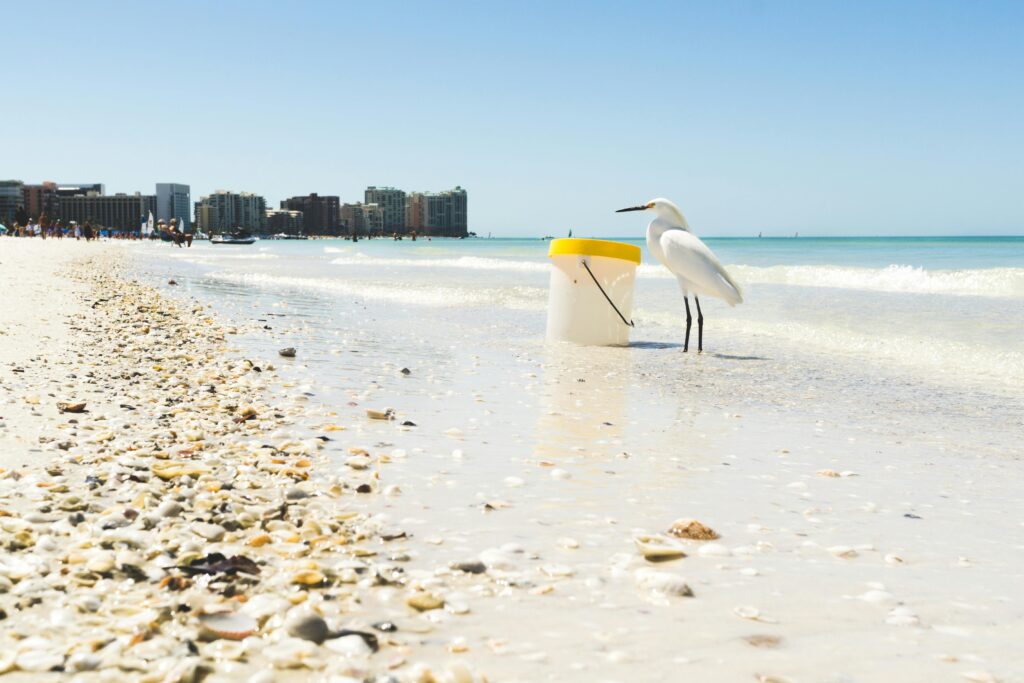The Shift in Travel Mindset
For years, sustainability was background noise in the travel world a nice add on, not a priority. That’s changed. Fast. In 2026, it’s not about slapping a green sticker on your hotel brochure. Travelers actually care. They’re swapping lavish bucket lists for mindful movement. Less plastic, more purpose.
People are choosing to stay longer in fewer places. Booking eco certified lodges run by locals. Skipping flights when trains work just fine. A global survey from late 2025 shows 67% of travelers said they’d pay more for trips that reduce their environmental impact. That number was just 41% five years ago.
This mindset shift isn’t just rhetorical it’s reshaping the industry at large. Vlogs, flight searches, packing lists they all echo the same theme: travel that does less harm and leaves more meaning behind.
Sustainability isn’t a bonus anymore. It’s the baseline.
What “Eco Friendly” Actually Means in 2026
Eco conscious travel in 2026 is no longer about tacking on a water bottle and calling it a day. The bar has been raised. Travelers are getting choosier, and businesses are forced to meet them there. Real sustainability now shows up in the details and in some cases, the entire trip.
Hotels and homestays are leading the way. Many are switching over to solar or wind, cutting down on single use products, and sourcing everything from food to furniture locally. Want a towel change every day? Expect a side eye. Even high end resorts are pushing energy efficiency and less waste as major selling points.
Getting there is also changing. Flight free itineraries think trains, bikes, or hybrid road trips are no longer just for hardcore minimalists. Mainstream travelers are opting in, especially as carbon offsets become simple to track and verify. Credits with no paper trail don’t cut it anymore. People want receipts. They want visibility. They want to know they’re not greenwashing their way through vacation.
In 2026, being a responsible traveler means being intentional from where you stay to how you get there to what you leave behind.
Trending: Destinations That Go Green
The places we travel to are changing and they’re not waiting for permission. National parks across the globe are beginning to limit daily visitors, not just to protect fragile ecosystems but to make the experience better for those who do get in. It’s no longer about maximizing tourist volume; it’s about preserving what matters.
Cities are getting in on it too. From bike only districts to pedestrian first plazas, local governments are rethinking how travelers and residents move through public space. Tourists are encouraged to walk, cycle, or use local transit, and in many places, cars are being pushed out of the picture completely. It’s cleaner, quieter, and more human.
And then there’s the shift in who’s telling the story. Indigenous and community led tourism is gaining serious traction. These experiences go beyond surface level sightseeing; they’re about listening and learning. Visitors are being invited to understand a place from the people who know it best. It’s not performative it’s participatory, and travelers are showing up for it.
How Travelers Are Doubling Down on Accountability

Sustainability isn’t just a personal choice anymore it’s becoming a social one. In group chats, airport lounges, and even Instagram comments, there’s growing peer pressure to make eco responsible travel decisions. It’s less about showing off and more about not showing up clueless. Friends are calling out over tourism, and “eco regret” is real.
Tech is helping too. A wave of new apps and browser extensions now help cut through greenwashing. Whether it’s grading hotels on energy use, rating tours by local benefit, or alerting users when carbon offsets are less than legit, travelers have more tools than ever to make informed calls.
And offset programs? No longer feel good tokens they’re stepping up. Verified initiatives with publicly trackable data are becoming standard. Climate conscious travelers want receipts. Whether it’s reforestation or clean energy credits, people want to know their dollars are doing real work.
In 2026, being a responsible traveler doesn’t just mean flying less. It means staying informed, staying vigilant and being okay with holding each other accountable.
Business Isn’t Ignoring It
Sustainable tourism is no longer just a niche market it’s becoming an essential strategy for travel businesses. In 2026, companies across the tourism sector are responding to shifting traveler values by actively evolving their offerings to align with environmental and ethical priorities.
Industry Wide Adaptations
Businesses large and small are adjusting to meet the moment:
Airlines are investing in sustainable aviation fuel (SAF), optimizing routes to reduce emissions, and offering transparent carbon offset options during booking.
Hotels and resorts are implementing energy saving systems, eliminating single use plastics, and sourcing food locally.
Tour operators are reimagining itineraries around slower travel, local partnerships, and low impact activities.
Certification as a Standard, Not an Extra
Green certifications, once a nice to have, are quickly becoming a baseline requirement. Travelers increasingly trust third party verified labels over marketing language. This shift is pressuring the industry to meet rigorous sustainability standards and be transparent about their practices.
Certifications such as Green Key, EarthCheck, and LEED are more visible and prioritized.
Guests expect to see sustainability audits and measurable impact tracking.
Embracing a “Slow and Local First” Mindset
Tourism boards and destination marketers are actively promoting concepts that once sat at the fringes of travel culture:
Slow travel: encouraging longer stays and deeper connections with fewer locations
Local first travel: prioritizing community based tourism and regionally owned businesses
Seasonal staggering: managing visitor flows to avoid over tourism and environmental stress
Want More Insight?
For a deeper look at how eco travel has evolved and where it’s heading next, check out the in depth feature: The Rise of Eco Friendly Travel What’s New in Sustainable Tourism
It’s Not a Passing Trend
2026 doesn’t feel like just another marketing cycle it feels like a break in the pattern. What started as a niche movement is now steering the mainstream. Eco conscious travel isn’t about quick wins or gimmicks anymore. It’s become a baseline expectation, and the industry knows it. Creators, travelers, and companies who write it off as a phase are setting themselves up to miss the next decade of growth.
The next frontier? Climate resilient travel routes that avoid ecological disruption. Zero waste resorts that reuse everything down to the last drop. Itineraries that are built around biodiversity, not bucket lists. These aren’t pipe dreams they’re already being rolled out in places like Costa Rica, Slovenia, and parts of Southeast Asia.
Smart travelers aren’t waiting to be convinced. For them, it’s no longer, “Why make this eco?” It’s, “Why wouldn’t we?”
Additional Reading
Curious about where eco friendly travel is headed next? Get into the details with firsthand insights, stats, and real world examples in this companion guide: The Rise of Eco Friendly Travel: What’s New in Sustainable Tourism. It breaks down what’s driving the movement, which destinations are leading the charge, and how travelers are making smarter, greener choices. Worth the click if you want to stay ahead of the travel curve.




